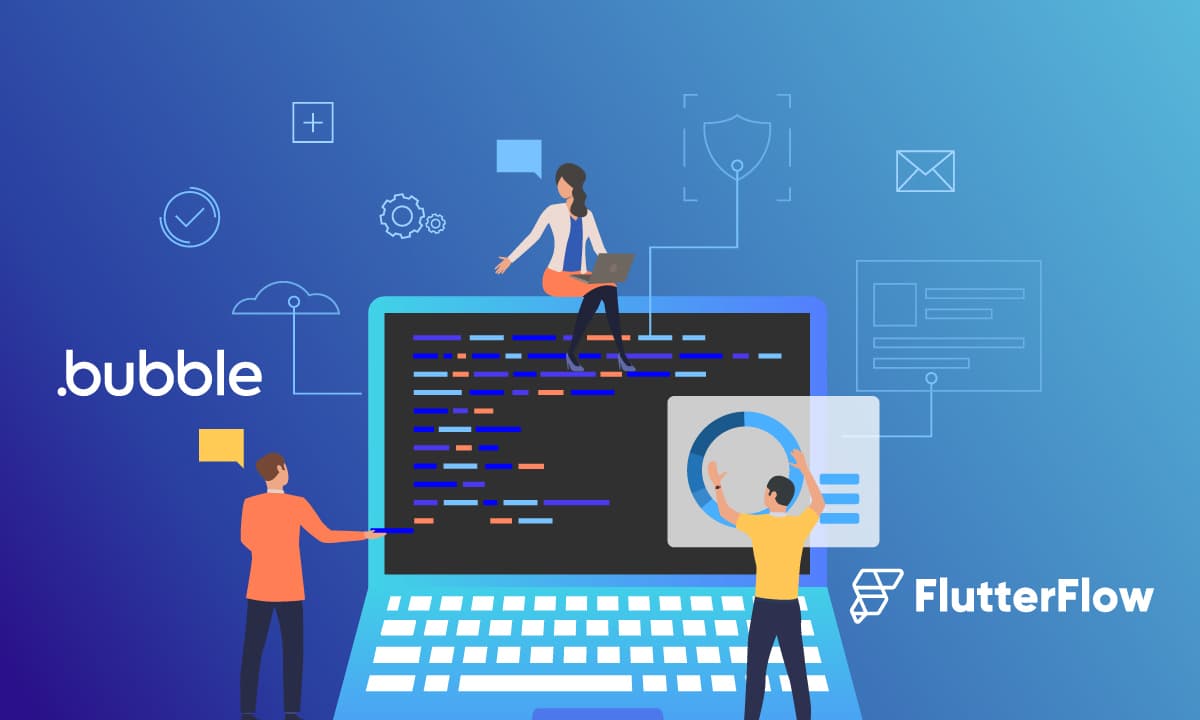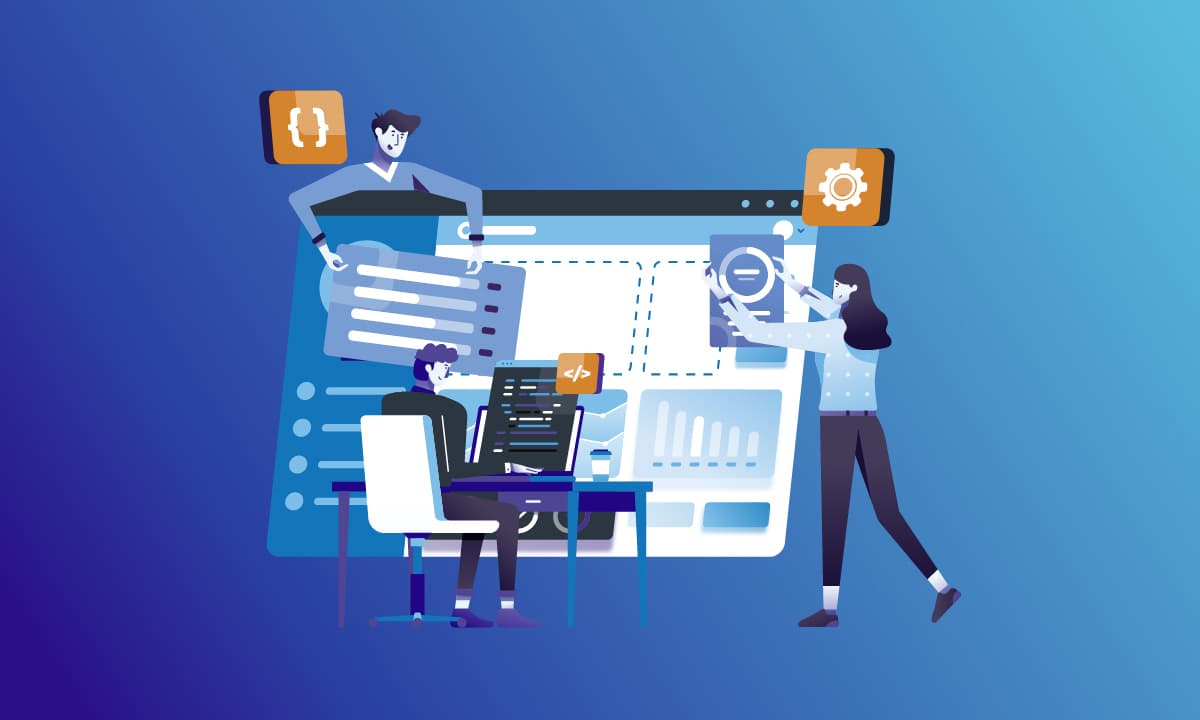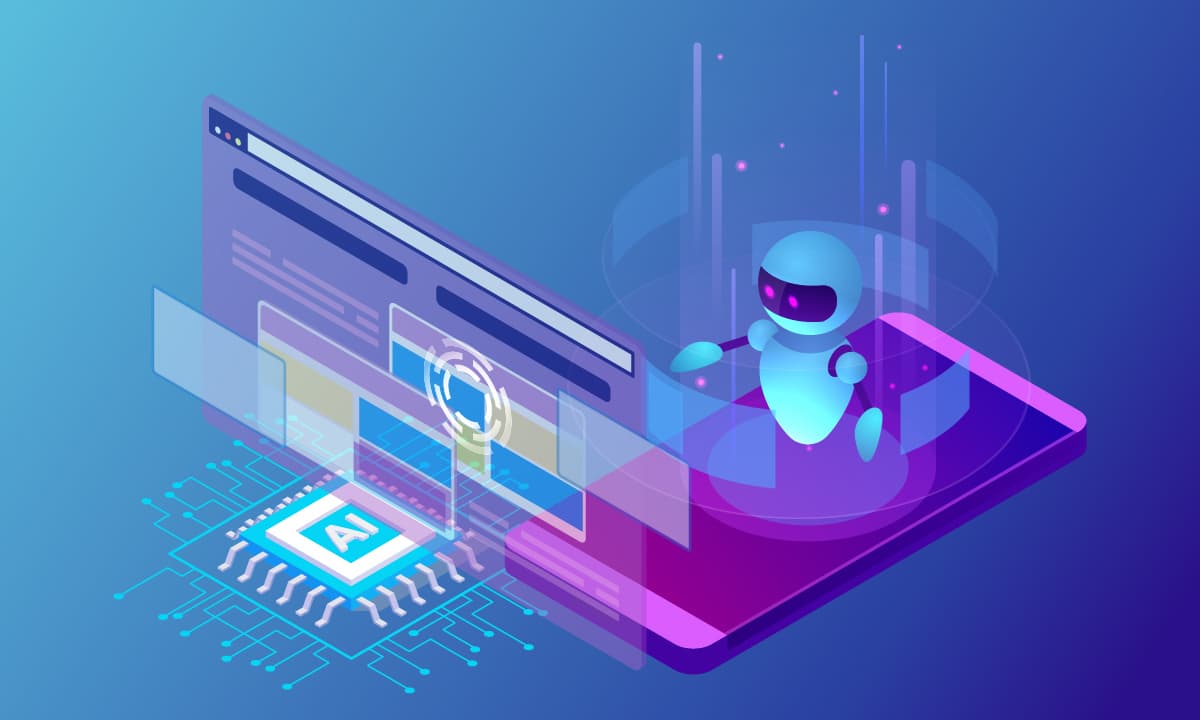July 2024
By: Bryan Reynolds | 18 July, 2024

The use of low-code/no-code (LCNC) platforms like Bubble and FlutterFlow is revolutionizing software development by enabling businesses to create custom applications more efficiently and without requiring specialized programming skills. This article compares Bubble and FlutterFlow, discussing their key features, pros and cons, ideal use cases, integration capabilities, community support, pricing plans, and real-world examples to help businesses make informed decisions when choosing an LCNC platform.
Read MoreBy: Bryan Reynolds | 18 July, 2024

Agile software development, born from iterative methods dating back to the 1950s, prioritizes collaboration and adaptability. It challenges traditional waterfall approaches, offering frameworks like Scrum and Kanban to enhance productivity and innovation across industries beyond software. Exploring the evolution, frameworks, benefits, and future trends of Agile methodologies, this article delves into its history, application across industries, and its transformative impact on software development and beyond.
Read MoreBy: Bryan Reynolds | 18 July, 2024

The article explores the evolution of AI chatbots, with a focus on OpenAI's ChatGPT. ChatGPT, based on GPT-3, offers versatile applications ranging from customer service to software engineering. Market projections anticipate significant growth in AI software, particularly in chatbots utilizing natural language processing. Despite its potential, chatbots pose risks like providing inaccurate information, necessitating robust data governance policies. The competition between ChatGPT and Google's Bard underscores the dynamic landscape. Microsoft's substantial investment in OpenAI for ChatGPT development, alongside Bing's upgrade to use GPT-4, reflects the intensifying rivalry in AI-based services. Read further to learn about the emergence of AI chatbots, their diverse applications, market prospects, associated risks, and competitive dynamics.
Read More

